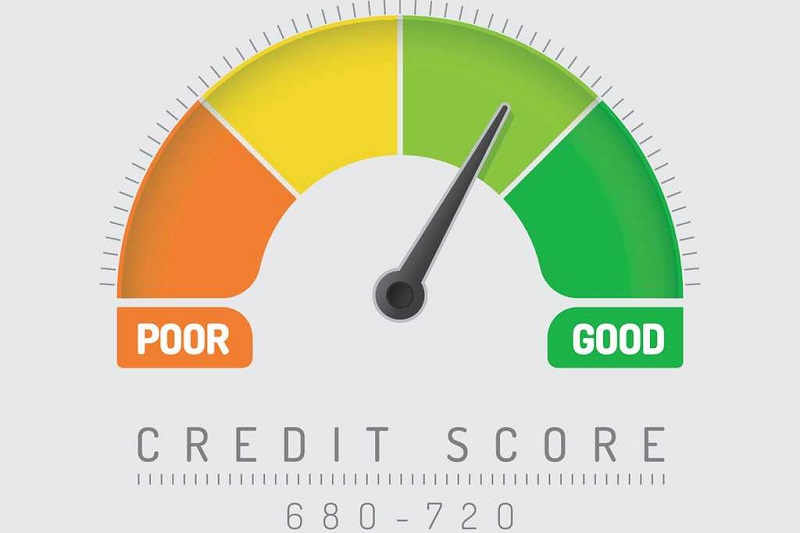The Importance of Credit Scores and Credit Reports
In today’s financial landscape, credit scores and credit reports play a crucial role in determining one’s financial health and access to credit. Whether you’re applying for a loan, renting an apartment, or even applying for a job, your creditworthiness is often assessed through these essential financial tools. This article explores the significance of credit scores and credit reports, focusing on their impact on borrowing, building and improving credit scores, as well as credit report analysis and monitoring.
Credit Score Impact on Borrowing
Your credit score has a direct impact on your borrowing capabilities and the terms you can secure when obtaining credit. Lenders, such as banks and credit card issuers, rely heavily on credit scores to assess the risk of lending to individuals. A higher credit score signifies responsible financial behavior and increases your chances of getting approved for loans at favorable interest rates.
Conversely, a low credit score can result in limited borrowing options or higher interest rates. It indicates a higher level of risk for lenders, as it suggests a history of missed payments, high credit utilization, or even bankruptcy. By understanding the importance of credit scores, individuals can take proactive steps to improve their scores and increase their chances of obtaining credit on favorable terms.
Building and Improving Credit Scores
Building and improving credit scores is a process that requires time, effort, and responsible financial management. Here are some key strategies to consider:
- Establishing a Credit History: If you’re new to credit, consider starting with a secured credit card or becoming an authorized user on someone else’s credit card. This allows you to build a positive credit history by making timely payments and keeping your credit utilization low.
- Timely Payments: Paying your bills on time is one of the most critical factors in building and maintaining a good credit score. Late payments can have a negative impact on your credit score, so it’s essential to establish a habit of timely payments.
- Maintaining Low Credit Utilization: Credit utilization refers to the percentage of your available credit that you’re using. It’s generally recommended to keep your credit utilization below 30% to demonstrate responsible credit management.
- Diversifying Credit: Having a mix of different types of credit, such as credit cards, loans, and mortgages, can positively impact your credit score. However, it’s crucial to manage these accounts responsibly and avoid taking on more debt than you can handle.
Credit Report Analysis and Monitoring
Regularly reviewing and monitoring your credit report is vital for detecting errors, identifying areas for improvement, and guarding against identity theft. Here’s why credit report analysis and monitoring are essential:
- Error Identification: Credit reports may contain errors or inaccuracies that can negatively impact your credit score. By regularly reviewing your credit report, you can identify and dispute any errors, ensuring that your creditworthiness is accurately represented.
- Fraud and Identity Theft Protection: Monitoring your credit report allows you to spot any suspicious activities that may indicate fraud or identity theft. Promptly reporting and resolving such issues is crucial for protecting your financial well-being.
- Financial Goal Tracking: Your credit report provides a comprehensive overview of your financial history and progress. By monitoring your credit report, you can track your financial goals, such as improving your credit score, paying off debts, and achieving financial stability.
Conclusion
In conclusion, credit scores and credit reports have a significant impact on various aspects of personal finance. Understanding the importance of credit scores empowers individuals to make informed financial decisions, obtain credit on favorable terms, and work towards improving their creditworthiness. By building and maintaining a positive credit history, regularly analyzing and monitoring credit reports, individuals can take control of their financial future and strive for long-term financial well-being.










